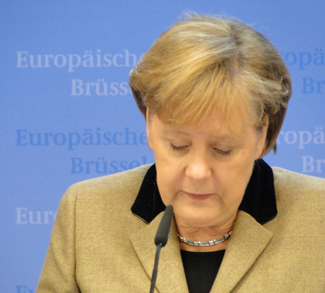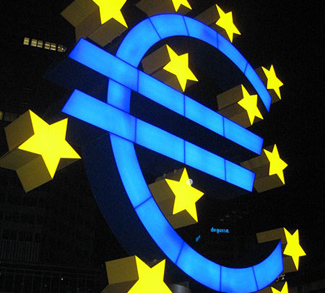Background
Angela Merkel’s Christian Democratic Union (CDU) took a drubbing as voters in three German states went to the polls on Sunday.
The CDU lost in two of the three states up for grabs, and saw record low support in its stronghold of Baden-Wuerttemberg.
The big winner in these regional polls was the upstart Alternative for Germany (AfD), which gained double-digit support in each contest and nearly 25% in Saxony-Anhalt. AfD is a populist party that’s relatively new on the German political scene. It was launched three years ago amidst the Greek sovereign debt crisis, making a name for itself initially as an anti-euro party. More recently it has benefitted from a populist backlash against Angela Merkel’s liberal refugee policies and seems to be propelling itself into the political mainstream.
Analysis
Angela Merkel and her CDU allies have every reason to be worried about last weekend’s election results.
On one hand there was CDU weakness on display. The party did poorly in regions it has depended on for support in the past. Here is a stark indication that the party’s support base is not squarely behind Chancellor Merkel’s response to the European migrant crisis.
On the other there are the shocking gains made by Alternative for Germany. For the entirety of AfD’s short political life, it has only ever approached relevance in the eastern, post-Soviet German states, where unemployment is high and voter attitudes tend to be more anti-immigrant. That AfD is now making gains in western Germany will no doubt provoke fear and soul-searching in CDU circles.




